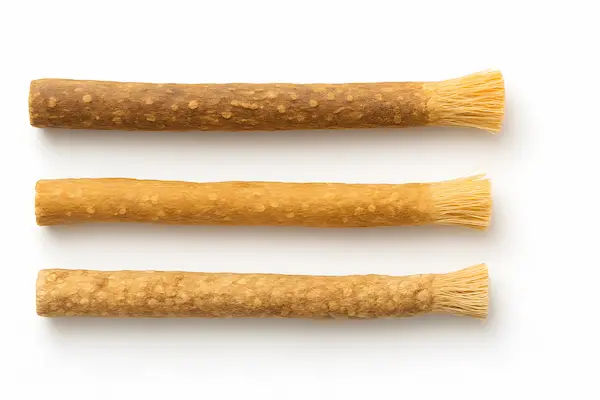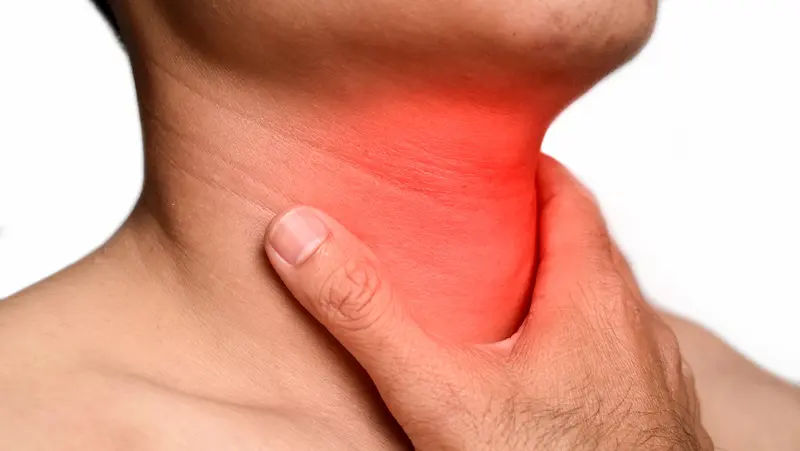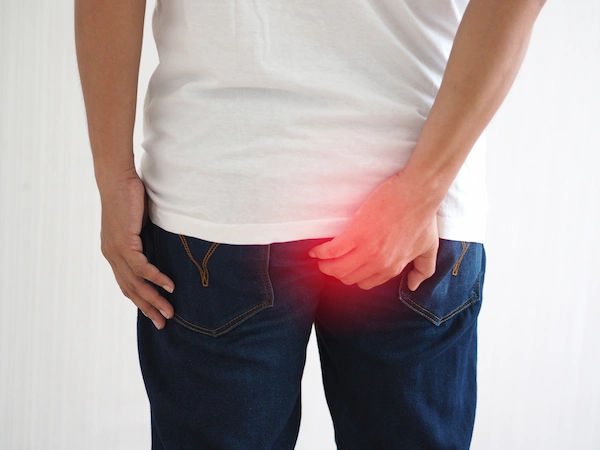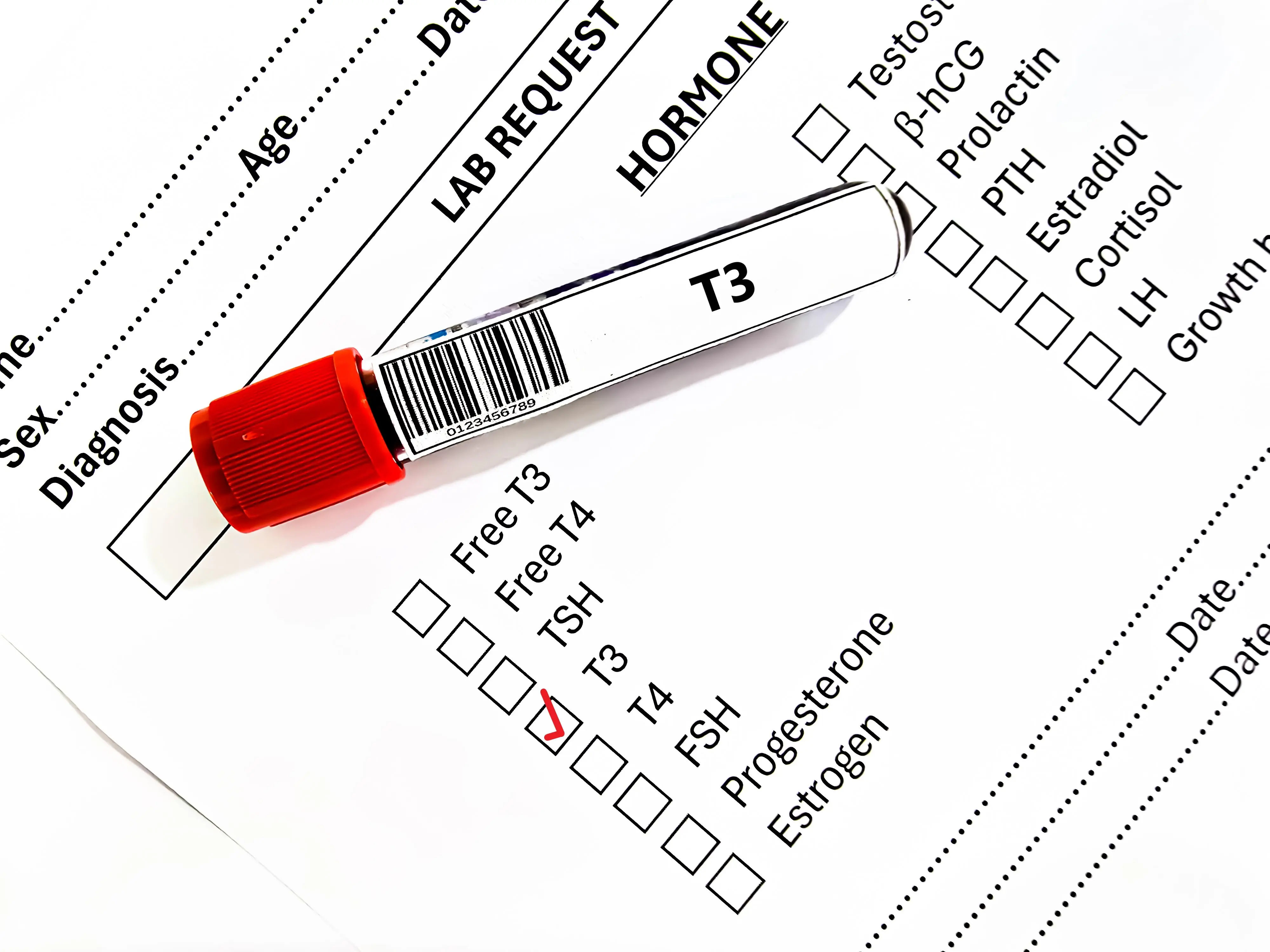Bhumi Amla: Health Benefits, Uses, and Side Effects
Explore bhumi amla benefits for liver health and kidney stones. Learn uses, safety, side effects, and evidence-based tips from trusted sources.


Introduction
If you’ve searched for natural ways to support liver health, you’ve likely come across Bhumi Amla (Phyllanthus niruri), also known as “chanca piedra” or “bhumyamalaki.” It’s a traditional herb used in Ayurveda and other systems of medicine for centuries. Today, many people ask about bhumi amla benefits—especially for liver health and kidney stones. This guide breaks down what the research shows, how people commonly use it, potential side effects, and how to use supplements safely.
Important note: Herbal supplements can play a supportive role, but they do not replace medical care. If you have a liver condition, kidney stones, or take prescription medicines, talk with your healthcare professional before trying Bhumi Amla.
What is Bhumi Amla?
- Botanical name: Phyllanthus niruri (related species, such as Phyllanthus amarus, are sometimes used similarly in traditional medicine and in studies)
- Common names: Bhumi Amla, Bhumyamalaki, Chanca piedra, Stonebreaker
- Traditional uses: Liver and digestive support, urinary tract and kidney stone support, general wellness
Bhumi Amla Benefits: What does science say?
The strongest evidence for bhumi amla benefits comes from lab and animal research, with a growing but still limited number of human studies. Findings suggest potential in several areas, but more high-quality clinical trials are needed.
Bhumi Amla benefits for liver health: What we know and what we don’t?
- Traditional use: Bhumi Amla has long been used to support the liver.
- Hepatitis B: Some early and small clinical studies on Phyllanthus species suggested potential improvements in liver enzymes or antiviral activity, but larger systematic reviews (includingCochrane) concluded that evidence is insufficient and study quality varies. It should not be used as a treatment for hepatitis B or as a substitute for proven care (such as vaccination and antiviral medications when indicated).
- Nonviral liver concerns: Laboratory and animal studies suggest antioxidant and hepatoprotective properties (helping protect liver cells), but human data are limited. If you’re aiming to improve liver health, established steps like vaccination (where appropriate), limiting alcohol, maintaining a healthy weight, and managing medications safely have the strongest evidence.
Bottom line for liver health: Bhumi Amla may have supportive effects, but it is not a cure or primary treatment for any liver disease. Work with your clinician for diagnosis and management.
Consult a Top General Physician
Kidney stones (urolithiasis): The “stonebreaker”
- Traditional use: Bhumi Amla is widely known as “stonebreaker,” reflecting its long-standing use for urinary stones.
- Evidence: Some small clinical studies suggest it may help reduce stone-related symptoms, support stone passage, or favorably affect urine chemistry linked to stone risk. However, results are not uniform, and larger, well-designed trials are needed to confirm benefits and determine who may benefit most.
- What’s still best supported: Hydration, individualized dietary changes, and medical management remain the cornerstones of kidney stone prevention and treatment. Ask your clinician before adding any herb to your plan.
Other potential areas under study
- Blood sugar and blood pressure: Limited, small studies (and animal research) suggest possible modest effects on glucose and blood pressure. People on medications for diabetes or hypertension should be cautious due to potential additive effects.
- Antimicrobial/antiviral effects: Laboratory studies show activity against certain microbes and hepatitis B virus in vitro. This has not translated into proven clinical treatments.
How do people use Bhumi Amla?
Forms
- Tea or infusion (dried herb)
- Capsules/tablets (powdered extract)
- Tincture/liquid extract
- Powder mixed with water or food
There is no standardized dose
- Supplement strengths vary widely between products and brands.
- Follow the product label and consult your healthcare professional, especially if you take other medicines or have a medical condition.
Selecting a quality product
- Look for the correct botanical name on the label: Phyllanthus niruri (and note if it includes related species).
- Choose brands that use third-party testing (for example, USP, NSF, or other independent certifications).
- Avoid products with exaggerated medical claims (e.g., “cures hepatitis” or “dissolves stones overnight”). Such claims are not evidence-based.
Safety, side effects, and interactions
What we know about safety?
- Short-term use in healthy adults is generally well tolerated in studies and traditional practice.
- Common, mild side effects may include stomach upset, nausea, or diarrhea.
Possible interactions and cautions
- Diabetes medications: May enhance blood sugar–lowering effects. Risk of hypoglycemia.
- Blood pressure medications: May add to blood pressure–lowering effects.
- Blood thinners/antiplatelet drugs: Some sources note potential antiplatelet activity. Use caution and discuss with your clinician.
- Diuretics and lithium: Herbal diuretic effects could alter fluid balance; lithium levels can be affected by changes in hydration and kidney handling.
- Surgery: Stop herbal supplements at least 1–2 weeks before elective surgery unless your surgeon says otherwise.
Who should avoid Bhumi Amla? (or use only with medical guidance)
- Pregnancy and breastfeeding: Safety is not established; avoid unless your clinician agrees.
- People with chronic kidney disease, liver disease, or a history of recurrent stones: Talk with your specialist before use.
- Children: Safety data are limited—consult a pediatric clinician.
Practical tips for safer use
- Start low, go slow: Begin with the lowest suggested amount to check tolerance.
- Use for a defined period: For general wellness, avoid long-term continuous use without clinical guidance.
- Track how you feel: If you have a liver or kidney condition, ask your clinician whether lab monitoring (e.g., liver enzymes, kidney function) is appropriate.
- One change at a time: If you’re adjusting diet, medications, or supplements, make changes stepwise to understand what helps or causes side effects.
Evidence-based ways to support liver health (with or without herbs)
- Get vaccinated against hepatitis A and B if you’re eligible.
- Limit alcohol; avoid binge drinking.
- Maintain a healthy weight to reduce the risk of fatty liver disease.
- Use medications (including over-the-counter pain relievers) exactly as directed; acetaminophen overdoses are a leading cause of acute liver failure.
- Be cautious with multiple supplements; some can harm the liver. Discuss your full supplement list with your clinician.
- Practice safer sex and avoid needle sharing to reduce the risk of viral hepatitis.
Consult a Top General Physician
Consult a Top General Physician

Dr. Vivek D
General Physician
4 Years • MBBS
Bengaluru
PRESTIGE SHANTHINIKETAN - SOCIETY CLINIC, Bengaluru

Dr Aakash Andgi
General Physician/ Internal Medicine Specialist
9 Years • MBBS MD
Bengaluru
Apollo Clinic, JP nagar, Bengaluru

Dr Syed Mateen Pasha
General Physician
2 Years • MBBS
Bengaluru
PRESTIGE SHANTHINIKETAN - SOCIETY CLINIC, Bengaluru

Dr. Anand Ravi
General Physician
2 Years • MBBS
Bengaluru
PRESTIGE SHANTHINIKETAN - SOCIETY CLINIC, Bengaluru

Dr. Ashita Kuruvilla
General Physician/ Internal Medicine Specialist
7 Years • MBBS
East Midnapore
VIVEKANANDA SEBA SADAN, East Midnapore
Consult a Top General Physician

Dr. Vivek D
General Physician
4 Years • MBBS
Bengaluru
PRESTIGE SHANTHINIKETAN - SOCIETY CLINIC, Bengaluru

Dr Aakash Andgi
General Physician/ Internal Medicine Specialist
9 Years • MBBS MD
Bengaluru
Apollo Clinic, JP nagar, Bengaluru

Dr Syed Mateen Pasha
General Physician
2 Years • MBBS
Bengaluru
PRESTIGE SHANTHINIKETAN - SOCIETY CLINIC, Bengaluru

Dr. Anand Ravi
General Physician
2 Years • MBBS
Bengaluru
PRESTIGE SHANTHINIKETAN - SOCIETY CLINIC, Bengaluru

Dr. Ashita Kuruvilla
General Physician/ Internal Medicine Specialist
7 Years • MBBS
East Midnapore
VIVEKANANDA SEBA SADAN, East Midnapore
More articles from General Medical Consultation
Frequently Asked Questions
Does Bhumi Amla cure hepatitis B?
No. While some small or early studies of Phyllanthus species showed potential signals, systematic reviews conclude the evidence is insufficient and inconsistent. Hepatitis B care should follow medical guidelines—vaccination, monitoring, and antiviral treatment when appropriate. Do not stop prescribed medicines in favor of an herb.
Is Bhumi Amla good for liver health?
It may offer supportive, antioxidant, or hepatoprotective effects based on lab and limited human research, but it should not replace proven steps (like vaccination, alcohol moderation, and weight management) or medical treatment. If you have liver disease, talk to your clinician before using it.
Can Bhumi Amla help with kidney stones?
Some studies suggest Bhumi Amla (chanca piedra) may support stone passage or improve urine factors related to stone risk. However, evidence is not definitive. Hydration, dietary measures, and medical guidance are key. Always consult a urologist before using it if you have a current stone or a history of stones.
What is the right dosage of Bhumi Amla?
There is no universally accepted dose. Products vary in strength and preparation. Use reputable brands, follow label directions, and consult a healthcare professional—especially if you take prescription medicines or have a medical condition.
Who should avoid taking Bhumi Amla?
Avoid or use only with medical guidance if you are pregnant or breastfeeding; have chronic kidney or liver disease; take medications for diabetes, blood pressure, blood thinning, or diuretics; or have surgery scheduled soon.




